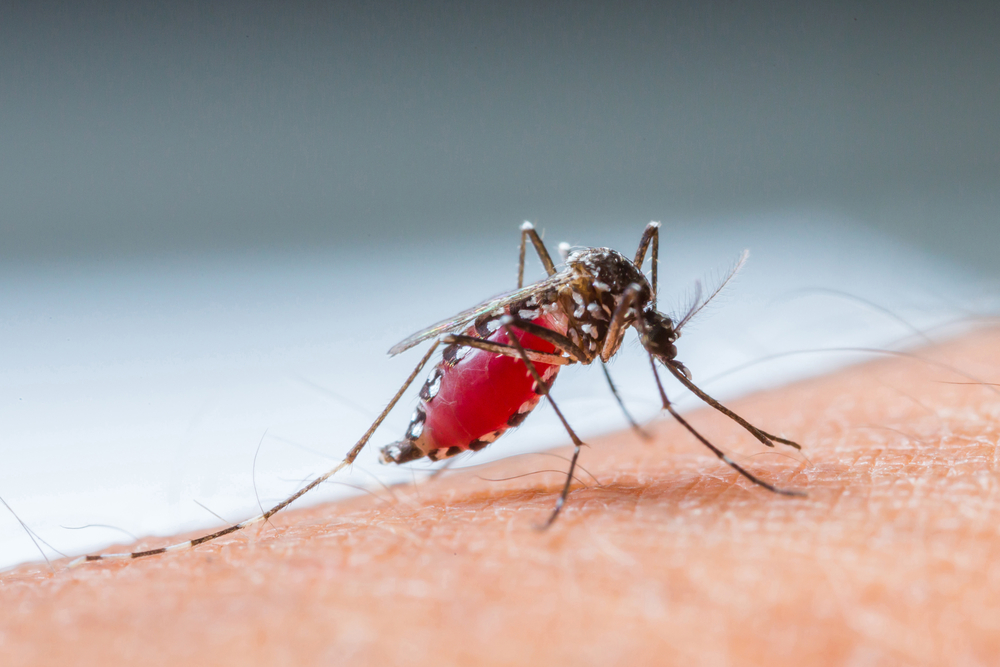
The World Health Organization (WHO) on Tuesday made it clear that it has never recommended to the Philippines and other foreign countries to use the world’s first dengue vaccine, Dengvaxia, to their immunization programs.
Amid the controversy haunting the school-based immunization drive for Dengvaxia vaccine, the WHO released a statement saying that such recommendation was not incorporated in its position paper which was issued in July 2016.
“WHO’s position on the dengue vaccine was published in July 2016, based on recommendations of the strategic group of experts on immunization which met and published preliminary advice in mid-April 2016,” WHO stated.
“The WHO position paper did not include a recommendation to countries to introduce the dengue vaccine into their national immunization programs,” it added.
Sanofi Pasteur, a French pharmaceutical giant and manufacturer of Dengvaxia, revealed that its vaccine may worsen the disease on individuals who have not been infected by dengue prior to immunization.
The school-based dengue vaccination program was launched in April 2016 by former Health Secretary Janette Garin. This program aims to provide free vaccines to chosen public school pupils aged nine and above in Metro Manila, Central Luzon, and Calabarzon. Since then, more than 700,000 children have been administered the dangerous dengue vaccine.
WHO said in its statement that the Department of Health’s (DOH) decision to introduce the vaccine had been taken before its advice became at hand.
Rather making a recommendation, the organization said its position paper “outlined a series of considerations national governments should take into account in deciding whether to introduce the vaccine, based on a review of available data at the time, along with possible risks.”
Based on the outline, the use of the vaccine should only be considered in areas with a high proportion, ideally at least 70 percent, of the community had already been afflicted by dengue.
It is also included in the outline that the vaccine should only be given to people nine years of age and above, and that those individuals to be vaccinated should receive three doses. WHO’s full copy of its position paper on Dengvaxia was published in July 2016.
“WHO acknowledged mid-April 2016 that these conditions appeared to be met in the 3 regions of the Philippines in which the dengue vaccination effort was already ongoing at that time — noting that the decision to roll out the vaccine had been taken by the DOH before WHO’s advice became available,” the organization’s statement read.
DOH Secretary Francis Duque III has called off the program, awaiting consultations with various stakeholders, such as WHO’s Strategic Group of Experts (SAGE), on what action to take.
Nonetheless, WHO said it is supporting the suspension of the vaccination program.
“As always, we stand ready to work with the DOH to provide information to affected families, and to support the DOH’s deliberations on the future of the dengue vaccination program,” WHO stressed.
The organization said they continue to advice anyone, vaccinated or not, with signs of dengue disease—high fever, severe headache, pain behind the eyes, muscle and joint pains, nausea, vomiting, swollen glands and/or rash—to seek medical care.
Meanwhile, the Food and Drug Administration has pulled Dengvaxia out of the shelves until Sanofi update its packaging label to reflect a new caution.